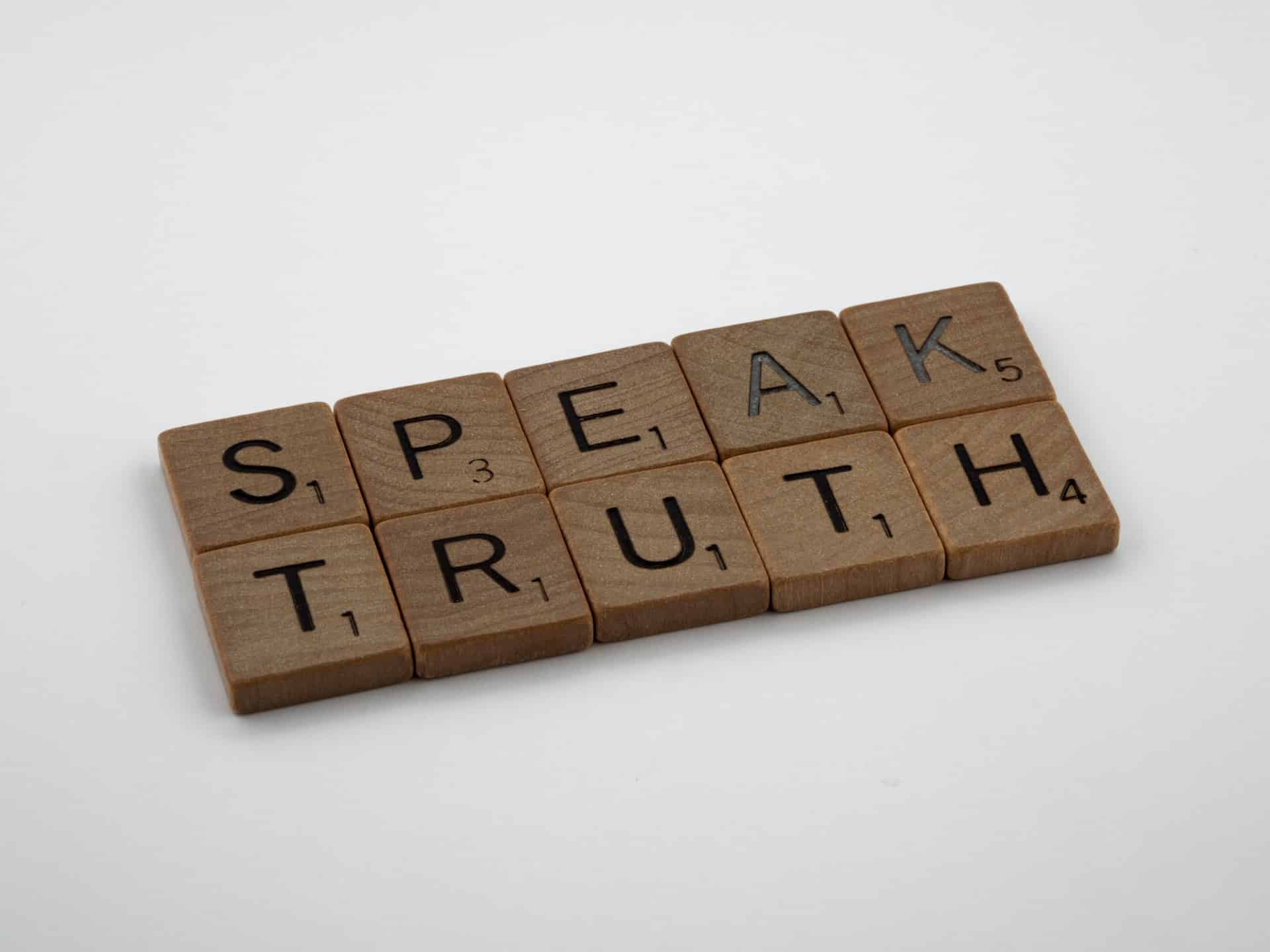In today’s fast-paced world, it’s all too easy to overlook the state of our mental health. Often, we prioritize our physical well-being and external achievements, inadvertently neglecting introspection and emotional well-being. However, embracing honesty regarding our mental health is an essential component of leading a fulfilling and balanced life. In this article, we will explore the profound significance of adopting this honesty, along with practical strategies for integrating it into our daily routines.
The Importance of Being Honest with Yourself about Your Mental Health

Breaking the Stigma: Society has long perpetuated the misconception that admitting to mental health struggles is a sign of weakness. However, in truth, acknowledging our vulnerability and seeking help when needed requires immense strength and courage. By being honest with ourselves, we take the inaugural step toward dismantling the stigma surrounding mental health, subsequently encouraging others to do the same.
Breaking the stigma is pivotal as it fosters an environment wherein individuals feel secure in seeking assistance, devoid of judgment. It leads us to acknowledge that mental health challenges are a universal aspect of the human experience, and reaching out for help is an act of bravery and responsibility. Such a transformation in societal perception contributes to a more compassionate and understanding world.
Personal Growth: Self-awareness stands as one of the primary catalysts for personal growth and development. Recognizing our emotions, triggers, and thought patterns empowers us to pinpoint areas in need of improvement and instigate positive changes. Honesty about our mental state facilitates introspection, facilitating a deeper understanding of ourselves and paving the way for transformative growth.
Personal growth is a lifelong pursuit, and self-awareness serves as its cornerstone. Honesty about our mental health grants us insight into the root causes of our behaviors, allowing us to address them constructively. This endeavor not only promotes self-improvement but also bestows increased resilience and a heightened sense of purpose.
Preventing Escalation: Neglecting mental health issues won’t make them vanish. In fact, suppressing emotions and thoughts can lead to their intensification, culminating in overwhelming feelings of anxiety, depression, or burnout. Embracing honesty about our mental health empowers us to proactively address these issues, preempting them from becoming unmanageable.
This proactive approach is vital because acknowledging and addressing mental health concerns early can avert them from progressing into more severe problems. Identifying the signs of mental distress allows us to take measures to manage stress, anxiety, or other issues before they spiral into more significant mental health challenges.
Better Relationships: Honesty regarding our mental well-being not only deepens our self-understanding but also fortifies our relationships with others. Open communication fosters more profound connections, trust, and empathy in our interactions with friends, family, and colleagues. When we communicate openly about our struggles, we create an atmosphere that encourages others to share their own experiences, thus forging a supportive network.
This facet of honest communication extends its benefits not only to us individually but also to our interpersonal relationships. It enables us to build more authentic connections with others. Sharing our vulnerabilities and challenges often inspires others to do the same, nurturing a sense of community and understanding.
Incorporating Honesty Daily for Improved Mental Health

Practice Mindfulness: Initiating your day with a few minutes of mindfulness meditation can significantly impact your mental well-being. This practice fosters an acute awareness of your thoughts and emotions, setting a positive tone for the day ahead. Additionally, mindfulness encourages you to recognize negative patterns and gently redirect your focus toward more constructive thinking.
Mindfulness serves as a potent tool for mental health improvement. It helps you remain present and attentive to your thoughts and feelings, enabling you to consciously respond to them rather than react impulsively. This practice, in turn, promotes emotional regulation and resilience.
Journaling: Maintaining a daily journal to record your thoughts, feelings, and experiences can be a therapeutic outlet. Writing offers a means of expressing yourself and embracing honesty without fear of judgment. Regularly reviewing your entries allows you to identify patterns, triggers, and emotional fluctuations, providing deeper insights into your mental state.
Journaling, in essence, provides a structured means of reflecting on your thoughts and feelings. It acts as a form of self-therapy, facilitating the processing of emotions, gaining clarity, and monitoring your emotional journey over time. This practice is an invaluable tool for enhancing self-awareness and self-expression.
Check-In with Yourself: Throughout the day, taking brief moments to check in with yourself is essential. Asking how you’re feeling, what’s causing those emotions, and if there is anything you need to address promotes self-awareness and helps you respond appropriately to your emotional needs.
Regular self-check-ins keep you attuned to your emotional state and needs. It prevents the bottling up of emotions and empowers you to address issues as they surface, ultimately contributing to improved mental well-being.
Seek Support: Do not hesitate to reach out to friends, family, or professionals when you need support. Surrounding yourself with individuals who encourage open dialogue about mental health and create a safe space for sharing your feelings is crucial.
Seeking support constitutes a vital aspect of maintaining good mental health, as it is a sign of strength rather than weakness. Establishing a support network ensures that you have a secure environment to discuss your concerns and receive guidance when necessary.
Set Realistic Goals: Honesty about your limitations and the establishment of realistic goals are imperative. Overwhelming yourself with excessive tasks or expectations can result in heightened stress and feelings of failure. Instead, focus on achievable objectives and celebrate your progress, irrespective of how small it may seem.
Setting realistic goals is pivotal for stress management and maintaining a positive outlook. It prevents burnout and fosters a sense of accomplishment, ultimately enhancing your overall mental well-being.
Unplug and Reconnect: Dedicate time each day to unplug from technology and reconnect with yourself. Engaging in activities that bring you joy, such as spending time in nature, pursuing hobbies, or simply relaxing with a good book, allows you to distance yourself from the digital world and be more present, in tune with your mental and emotional needs.
The digital world, at times, can be overwhelming and distracting, potentially contributing to heightened stress and anxiety. Unplugging from technology provides an opportunity for relaxation and introspection, cultivating a deeper connection with your inner self.
Conclusion
Embracing honesty about our mental health is a transformative journey that necessitates consistent effort and self-compassion. By dismantling the stigma, nurturing personal growth, preempting escalation, and fortifying relationships, we lay the foundation for a healthier and more fulfilling life. Incorporating daily practices like mindfulness, journaling, and seeking support empowers us to remain attuned to our emotional well-being, ultimately leading to increased resilience and an elevated overall sense of well-being. Remember, embracing honesty is not a testament to weakness but rather a testament to our strength and the priority we place on our mental health.




